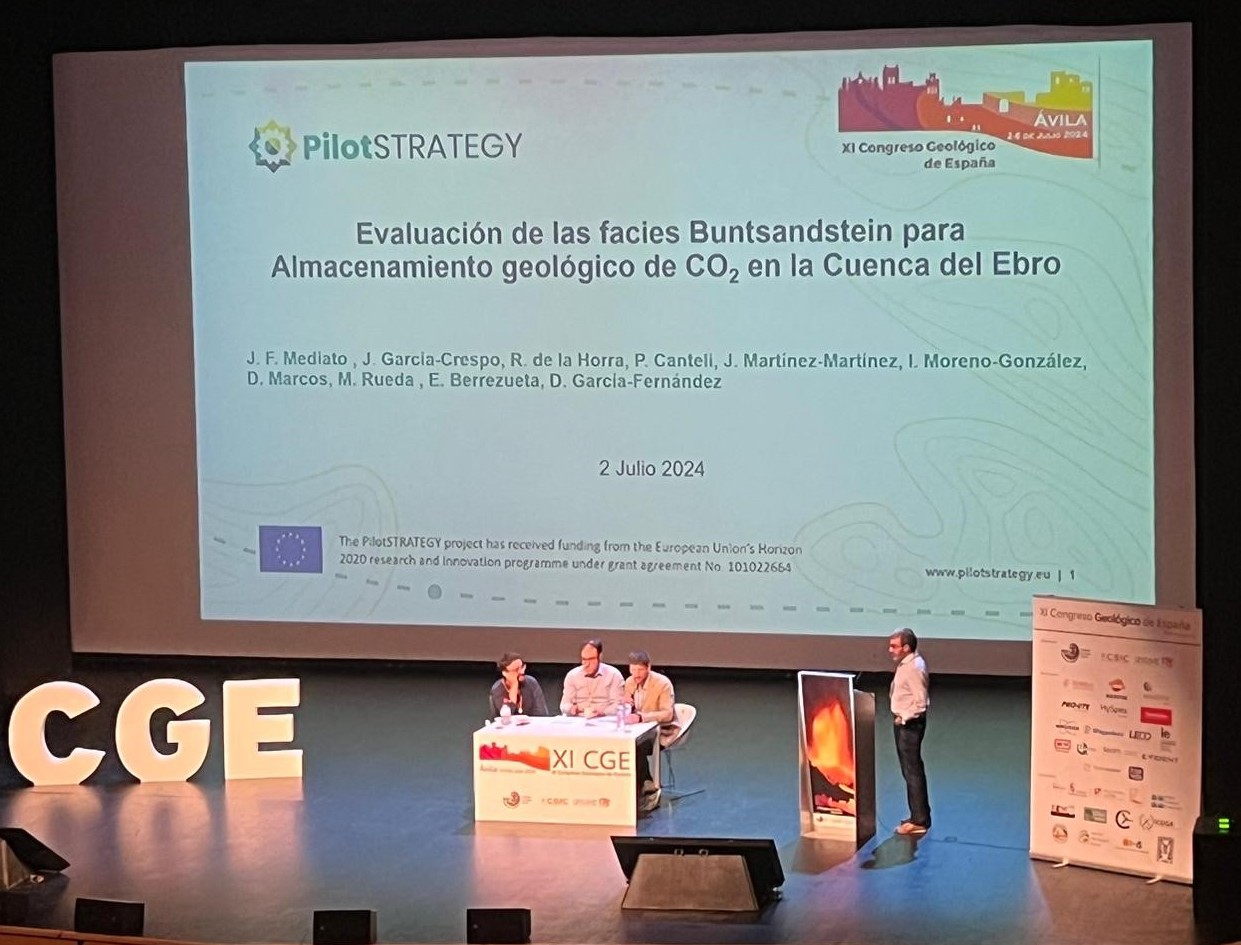The Geological Society of Spain (SGE) and the Geological Survey of Spain (IGME-CSIC) gathered 700 Earth Science specialists in Ávila from 2nd to 4th July for the largest scientific event in this discipline held in the country to date.
This event, organised every 4 years, was the 11th Geological Congress of Spain, a meeting point to showcase the latest developments in geology through thematic sessions, symposia, courses, and roundtables that addressed crucial topics for Spanish society. The main topics in this session have been the roadmap for the management of mineral raw materials, mining as a strategic activity, geoenergy as an energy alternative, the challenge of climate change, and the study of historical architectural heritage. Additionally, the fundamental contribution of geology in studying the 2021 volcano eruption of La Palma — the most significant geological event in our country in recent years — was analysed.
The participation of industry members, led by 16 national and international companies in the sector, took part in various technical talks, courses, and roundtables, facilitating the knowledge transfer from scientifics to society.
The PilotSTRATEGY Project, represented by the Ebro Basin team, actively participated in oral presentations, both in the sessions of Sedimentary Geology and Structural Geology and Tectonics, as well as the Geoenergy Symposium.
Iván Moreno (IGME) and Ruth Soto (IGME) respectively presented the works "Buntsandstein Facies Evaluation for CO2 Geological Storage in the Ebro Basin" and "Structural Inheritance within the Ebro Basin (SE 'Iberian' Margin)," belonging to WP2; Jesús García Crespo (IGME) delivered the communication "Petrophysical 3D Modelling in the Ebro Basin Buntsandstein Facies for a CCS Project in the Lopín Area (Zaragoza, Spain)" from WP3; and Sonsoles Eguilior (CIEMAT) and Antonio Hurtado (CIEMAT) revealed the works "Application of Bayesian Networks to the Risk Assessment of the CO2 Geological Site at Lopín, Spain" and "Impact of Geological and Injection Characteristics on the Risk Assessment of CO2 Geological Storage in the Lopín Saline Aquifer, Spain," related to WP5. The event also featured great discussions on other topics such as reprocessing or dynamic modelling, with our colleagues from Repsol, Anabell Blanco Pericana and Antonio Martín Monge.
Without a doubt, it has been an excellent opportunity for the exchange of ideas and experiences between researchers and industry in the field of CO2 geological storage. Paula Canteli -Ebro Basin coordinator- said. “This event has allowed professionals from diverse fields to come together and share their insights on carbon storage technologies, fostering a collaborative environment that encourages innovation and growth. The discussions and interactions have provided valuable perspectives on the challenges and solutions associated with deep CO2 storage”.



